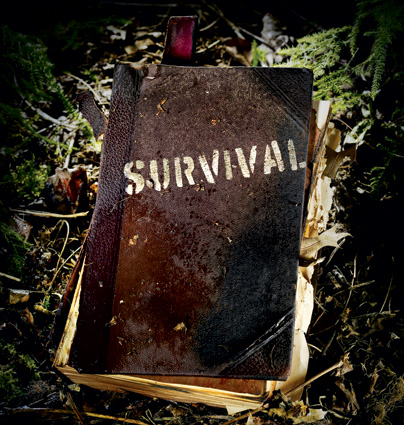I’ve gotten a lot of questions about hitting bottom. Specifically, after I hit bottom, how long did it take for things to start looking up? I got bad news for those craving the quick fix.
Mood music:
http://youtu.be/yUSn0u2GIjE
The first point worth making is that I didn’t hit one bottom like you usually see in the movies, where the addict falls so low that the clouds part and they see the light in huge, dramatic fashion. Reality is slower than that — and more boring.
I didn’t just hit one bottom. I hit a series of bottoms. And I stayed down there for a while each time before I even considered pulling myself up.
One crash was a couple months after my best friend took his life. I was binge eating with more zeal than ever, and I don’t think I cared at that point if my heart gave out. I was too crushed to care much about anything.
I had just been handed the job of editor for the Lynn Sunday Post, a paper that was already dying. I would be its pallbearer. The job included double duty as a writer for North Shore Sunday. I worked 16-hour days, six days a week.
Work was all I had at that point. Erin and I were engaged (realizing life is too short, I proposed a month after Sean died), but I was still trying to please my masters, so work came first. On Sundays, my only day off, I was sleeping through the entire day.
By the summer of 1997, I realized I had to push back or end up in an institution somewhere. Fortunately, my boss at the time saw that I was physically deteriorating and stepped in.
In December 1998, I was 285 pounds and collapsing under the weight. My father was too, and wound up getting quadruple bypass surgery. That was another slap in the face to warn me that I had to clean up. I lost 100 pounds, though I did it through unhealthy means that would blow up in my face several years later.
In late 2001 I realized that I was never going to please the managing editor I worked for at The Eagle-Tribune. He was forcing me to be the type of manager I didn’t want to be — an asshole. So I told him I was going higher up the food chain to get reassigned. And that’s what I did. They put me back in the night editor’s chair, which helped for a short time.
By late 2004 I was out of The Eagle-Tribune and in a job I loved. But I was putting enormous pressure on myself and the physical toll was showing. All my personality ticks were in overdrive: the obsession with cleanliness. The paranoia over my kids’ safety. A growing sense of fear that kept me indoors a lot.
That was probably the deepest bottom to date, the one that made me realize I needed to get help from a therapist; help that led to my OCD diagnosis.
The next bottom was in late 2006, when I had developed many of the mental health tools I use today. But my brain chemistry was such a mess I couldn’t get past the fear and anxiety attacks. That’s when I decided to try medication, which has worked far better than I ever thought possible.
The last bottom was in the summer of 2008. I was finally finding some mental stability, but I surrendered to the binge eating during therapy and was back up to 260 pounds. And it was hurting my health in a big way. I kept waking up in the middle of the night, choking on stomach acid. I couldn’t find clothes that would fit me. I was getting depressed again.
And so I started checking out OA and by October was headlong into my 12-Step Program of Recovery.
All these events were bottoms. And I lingered there for weeks and months at a time.
There are reasons the bottoming-out process takes a long time:
1. You usually fall to the bottom slowly, so slowly that you don’t notice the movement.
2. Once you crash to the floor, you become so out of sorts that you don’t realize you’re in hell. It’s just another shitty day, followed by another, and then another, and then another.
3. It’s usually those around you who realize you’ve arrived in a bad place. But you’ve been causing them so much pain for so long that they don’t even realize it immediately.
Once you hit the bottom, the depression and self-destructive behavior intensifies.
http://youtu.be/zBEo5ZGGsO4
Then you wake up one morning and decide you’re so sick of life that something has to change. And you start making changes.
The changes end up taking a long time, too.
That’s probably not what you wanted to hear. But it does get better.






